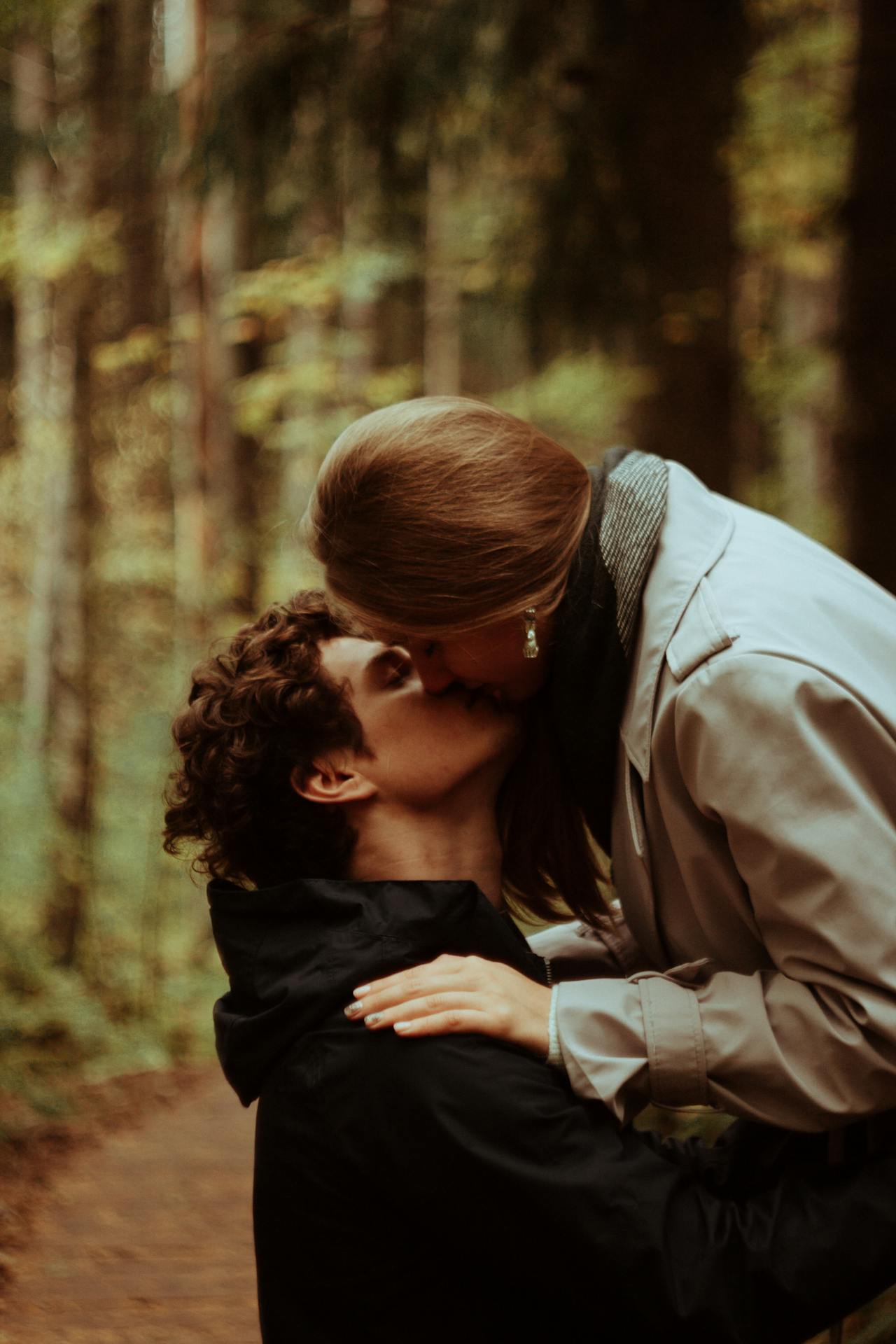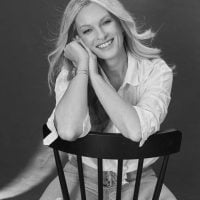
{*Did you know you can write on Elephant? Here’s how—big changes: How to Write & Make Money or at least Be of Benefit on Elephant. ~ Waylon}
~
From the beginning of time, we’ve been sold romance. Boy meets girl, love blossoms, or in some cases it explodes, they realise they can’t live without each other, and they ride off into the sunset.
Sometimes it is seemingly smooth, but oftentimes the road is paved with drama. Sometimes chaos. And in other cases, it’s downright toxic.
Even in the movies we are repeatedly exposed to toxic relationship dynamics. Like the more obsessed someone is about their partner, the more they love them. The needier someone is, the more it proves how strong that love is. The level of jealousy someone has, the more it shows how much they care.
The desire to control or be controlled is another belief this means love. To feel you cannot live without your partner is the ultimate declaration of love. The idea that once in a relationship your friendships and social life must suddenly change, or worse, cease.
Enter the plague of social media dating and relationship coaches feeding off this narrative like it’s healthy and normal. Feeding off people’s insecurities for financial gain. And we sit back and allow it to happen.
Love is none of these things. Love is not an unhealthy attachment to someone. It’s not being in a relationship where you no longer have individuality, independence, or the ability to function without the other person. It’s not needy. It’s not judgmental. It’s not clingy. It’s not staying because you’re terrified to be alone. It’s not about any sort of control. Whilst a little jealousy is normal, anything more than that is toxic.
It’s not about cutting yourself off from other relationships with friends and family to appease the person you are with. It’s not about spending every waking moment with someone and needing to know where they are every minute of the day. It’s not about changing yourself because someone wants you too. It’s certainly not being unable to live without your partner.
Sometime back I read the book It Ends With Us, and last night I went to see the movie. It’s a startling reminder that abuse can be subtle. It can start out in small ways, and before it’s escalated to an alarming point, there is so much emotional abuse intertwined it’s difficult to know what’s actually real.
What I loved about this book and movie is there was a happy ending. I won’t say anything more about the movie, so as not to ruin it for those who would like to watch it, except to highlight that the happy ending was walking away and breaking the cycle of abuse. I mention this because cyclic abuse is so insidious in society that for some it can seem normal, and it’s important to boldly emblazon in neon lights and shout it out so that those in the back hear it clearly. It. Is. Not. Normal. No level of abuse is normal. Be it physical. Emotional. Financial. Sexual.
As I’ve gotten older, I see things differently than I used to. I decided to watch a couple of 90s shows recently. “Beverly Hills 90210” and “Melrose Place.” Aside from the fashion, what alarmed me the most is their need to be with someone. The characters all flitting from one partner to another, never giving themselves time to reflect or grieve the ending of one relationship before they were onto the next. Falling in and out of love before they’ve even had time to change the bed linen. Another reminder that we must not be alone.
The truth is when I look at these shows (and, yes, they are only shows, but let’s be honest: those shows reflect life), all I see is unhealthy attachments. Codependency. And the desperate need to be with somebody—anybody. That is not love.
So, what’s love? I guess we all have our own interpretation, and this is my interpretation of healthy love:
>> It is establishing your boundaries early on, and if someone crosses your boundaries, they are not the person for you. If you don’t like your partner to have friends of the opposite sex, find a partner who is in alignment with you and that boundary. Don’t find someone who has friends of the opposite sex and then try and stop them being friends.
>> It is respecting each other’s independence and individuality. Becoming a couple does not allow you to take those things away. We don’t become one person; we are two people in a partnership who are allowed to enjoy different things. Relationships are not ownership.
>> It is showing up for your partner on the good days and the crappy days. Meeting them where they are at. Not trying to change them or fix them; simply supporting them how they need to be supported.
>> It is creating an environment conducive to happiness, whilst always focusing on your own inner happiness, because without the ability to be happy from within, you will never be happy regardless of who you are with.
>> It is not only physical safety, it’s emotional safety also. Your relationship should be a safe space, with trust, communication, and mutual respect.
>> It is self-reflection when you feel jealous or the need to control. Trying to understand what’s causing you to feel this way and if you’re unable to manage these feelings, seeking therapy so you don’t project and hurt your partner. We all have our trauma and baggage, but refusing to acknowledge and address it is a red flag. Just because you feel jealous, it doesn’t give you any right to treat your partner poorly.
>> It is compassion, empathy, and kindness. It’s being able to recognise when your partner is struggling and just be there.
>> It is being able to function when you’re alone. A healthy love allows friendship with others and encourages strong bonds with family and friends. It allows space for you to pursue your passions and hobbies. Your partner should be an important part of your life, but they should not be your whole life. That’s not healthy—it’s codependent.
>> It is vulnerable and courageous. It’s both of you being honest about how you feel, what you need, and what you want.
>> It is being yourself. Completely authentic. No bullsh*t. No masks. No game playing. Just two people who can be their beautifully messy selves.
Love is many things, but it isn’t being so attached and dependent that you can’t survive without them. It shouldn’t be filled with confusion, chaos, and anxiety. It shouldn’t be unequal or imbalanced; there is no “boss” in a healthy relationship. Your worth should not depend on how your partner treats you. It’s not cutting yourself off from friends and family. It’s not prioritising the needs of your partner above your own needs. It doesn’t involve fear. If this is the sort of relationship you are in, I implore you to reflect on how you really feel, because this is not a healthy love. This is not a healthy partnership. This is a cycle that needs to be broken.
Love is friendship. It’s feeling comfortable being yourself. It’s trusting you can share your deepest thoughts, desires, and mistakes, and still be accepted. It’s being nurtured, whether you are a man or a woman. It’s your partner being proud of your achievements and you theirs. It’s being open. It’s being loyal. It’s being free to be who you are and enjoy your individual pursuits. It’s laughter. It’s wearing what you want. It’s knowing you maybe heartbroken if things were to end but you can live without them. It’s conducive to an environment of self-love and self-belief because your partner creates that safety. And most of all, it’s not jumping from one relationship or body to another because you are terrified of being alone.
Healthy love can only come when two people have worked on themselves and are willing to grow together. When the two people know how to meet their own needs and can be happy alone or in a relationship. Love should make you feel free to fly, not caged and restricted.
Love is two people willing to walk their own healing journey, whilst simultaneously learning and growing together, as individuals and a couple.
Can we normalise healthy love?
~

This account does not have permission to comment on Elephant Journal.
Contact support with questions.